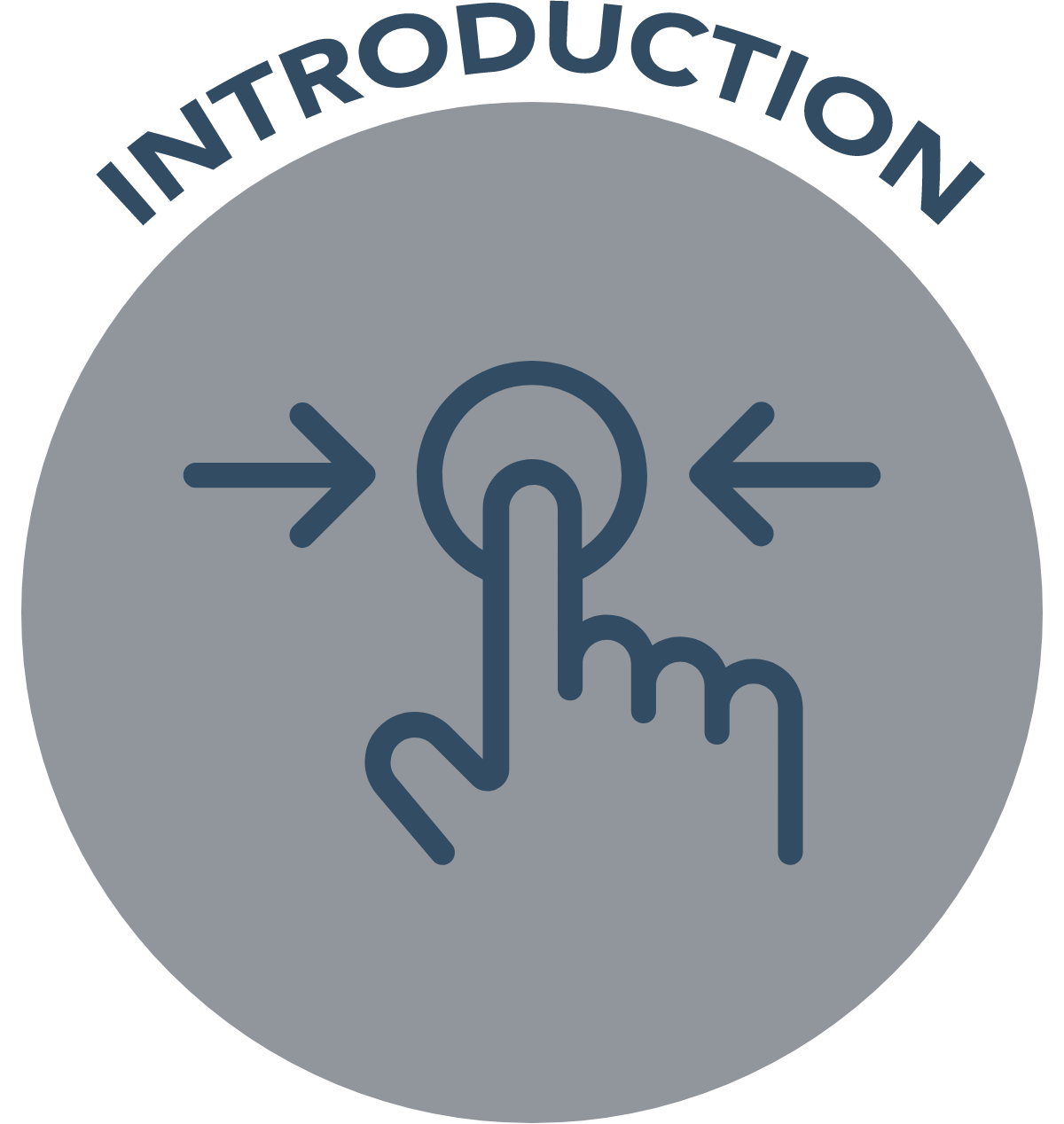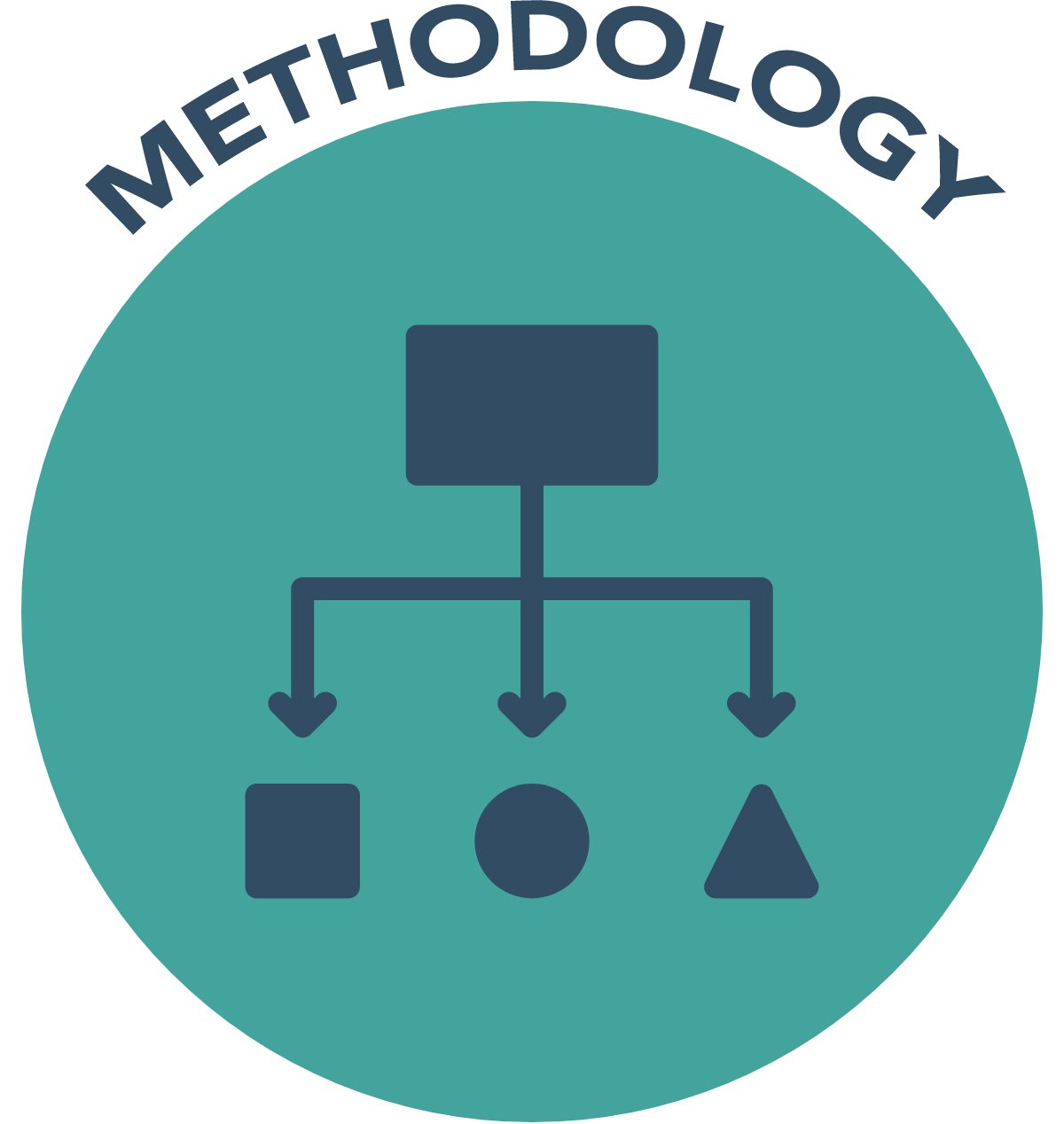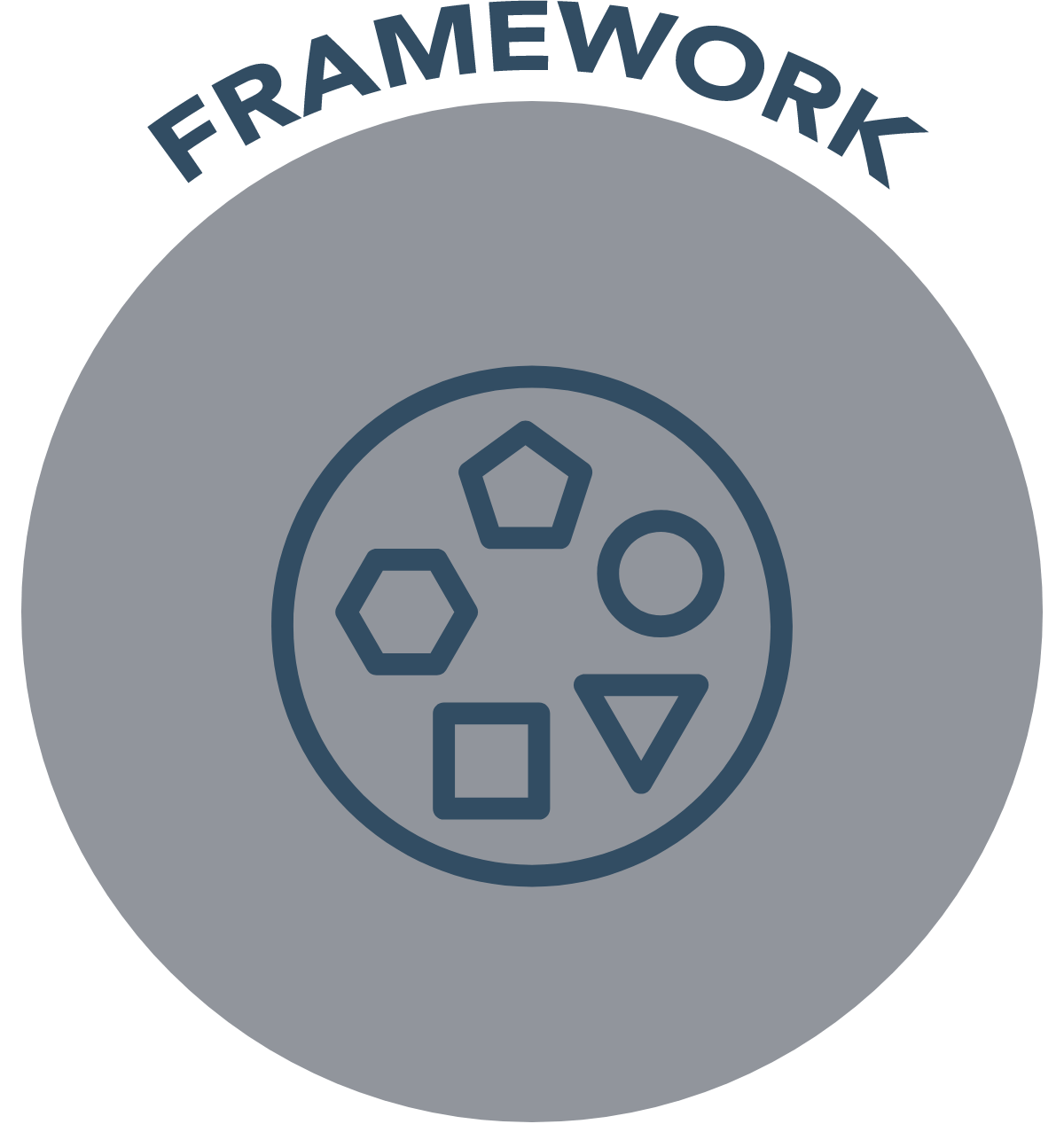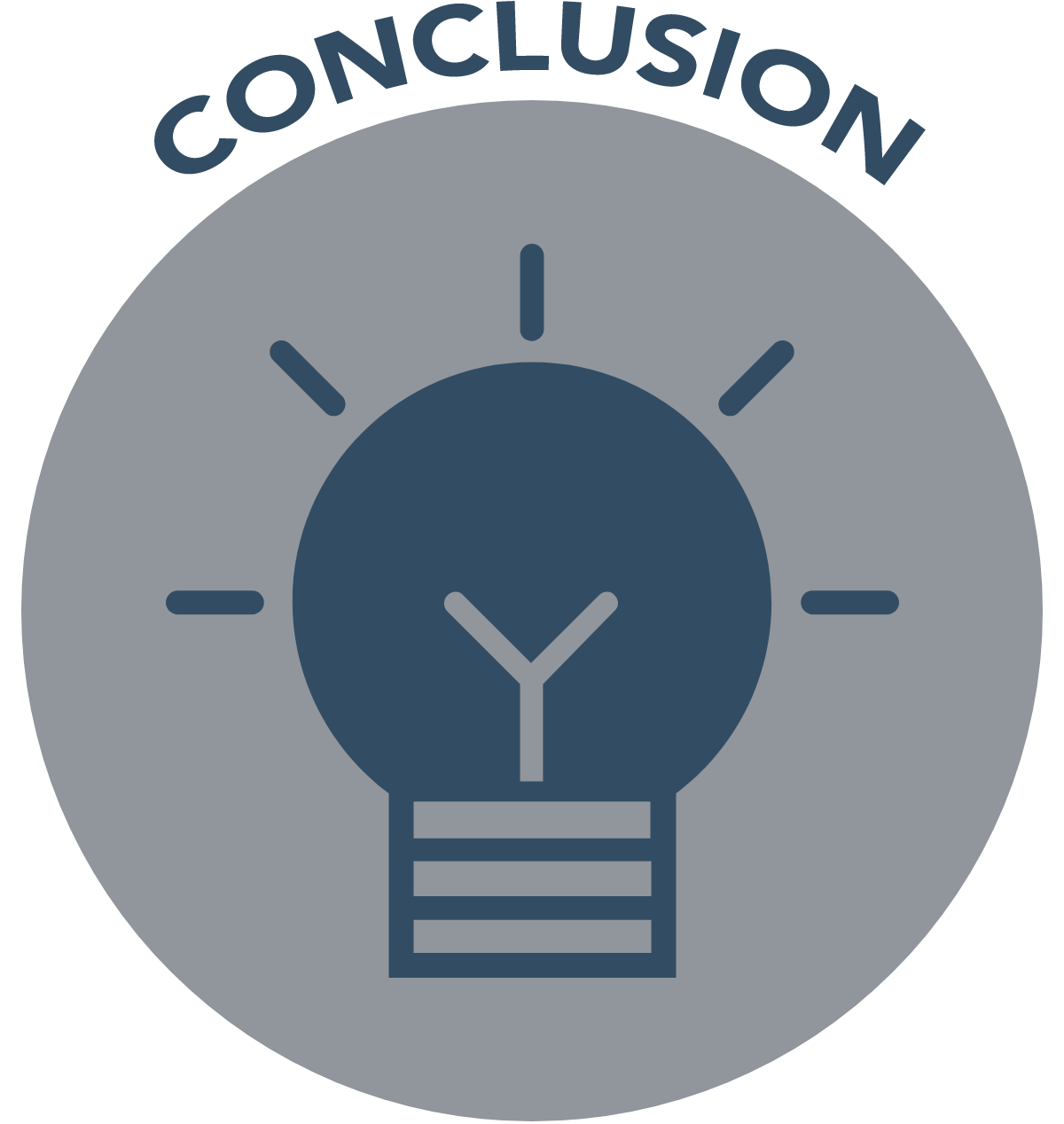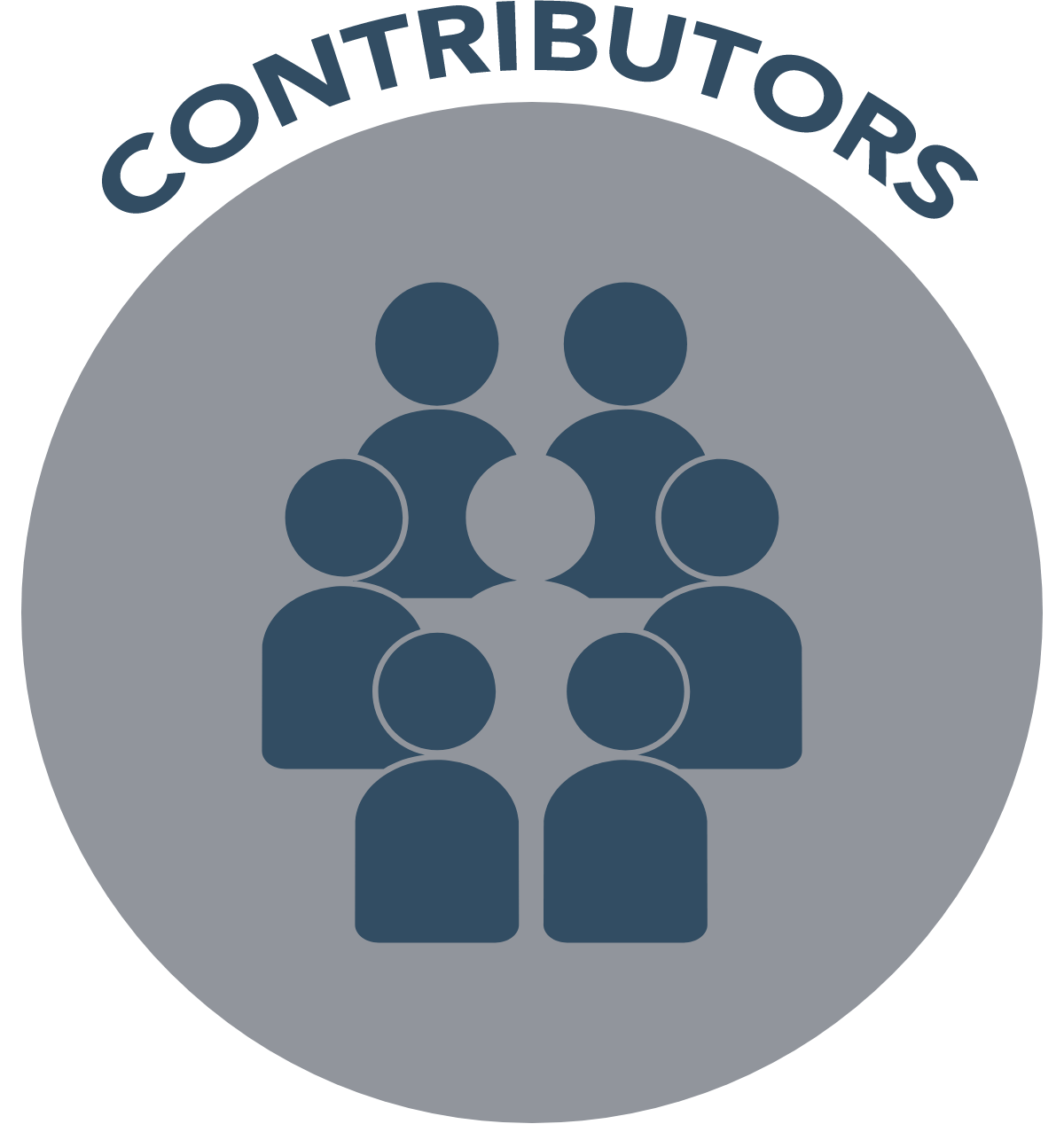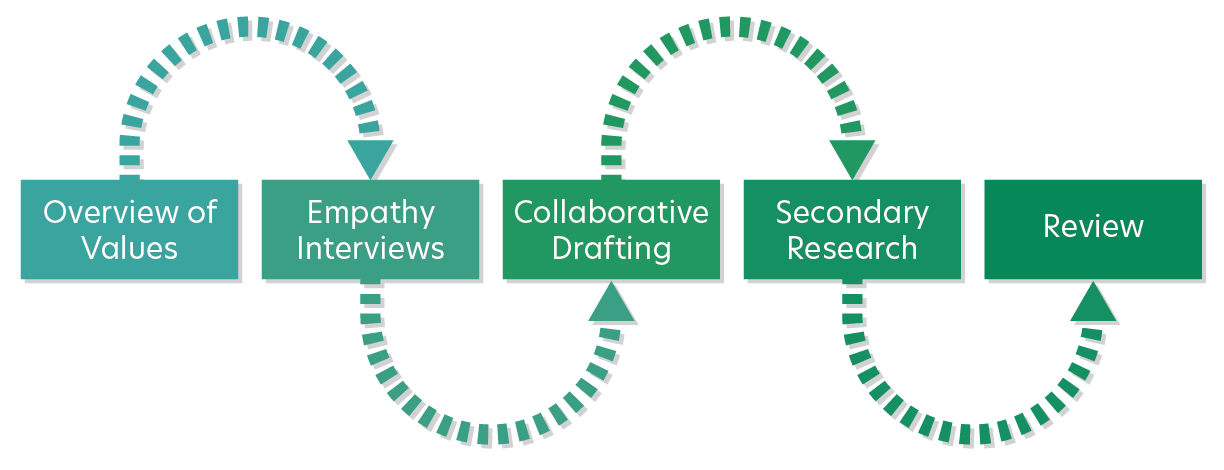INCLUSIVITY & ACCESS RESOURCE | CoAction Learning Lab
Framework for Stakeholder Inclusion in the Technology Planning Process
Methodology
This resource was collaboratively drafted by CoAction Learning Lab members and other higher education professionals at the EDUCAUSE Annual Conference 2018 during a three-hour working session. Participants were initially provided with an overview of CoAction’s six values, directly connecting the creation of this resource back to our core mission.
Because the EDUCAUSE Annual Conference is mostly attended by higher education technology leaders, participants engaged in an Empathy Interviews activity. This exercise helped participants better envision and articulate the needs/goals of each stakeholder group. The participating technology leaders were asked to pair up and each respond to a set of questions — first as themselves, and then again undertaking the role of either a faculty member or student.
Empathy Interview Questions:
- What do you value most about the role of technology for learning/productivity?
- What are the biggest challenges you’ve experienced with technology in a formal learning context?
- What do you wish <other two roles> understood about your role’s technology needs?
- What is an ideal outcome for you in terms of technology use in a formal learning context?
Next, participants broke into small groups, facilitated by CoAction members, to build upon the empathy interviews. Each group considered what questions and actions stakeholders would like included in a framework for evaluating technology solutions. At the end of the working session, the small groups shared highlights of their work with the full group and all participants had access to each other’s ideas in a working draft document.
This resource reflects a synthesis from the work that took place at the EDUCAUSE session, supported by additional secondary research and reviewed by CoAction members. It is our hope that this methodology can be applied to other conferences and events to engage technology leaders, learning facilitators, students, and others in activities that surface insights, strategies, and recommendations to inform more inclusive technology planning for teaching and learning.
